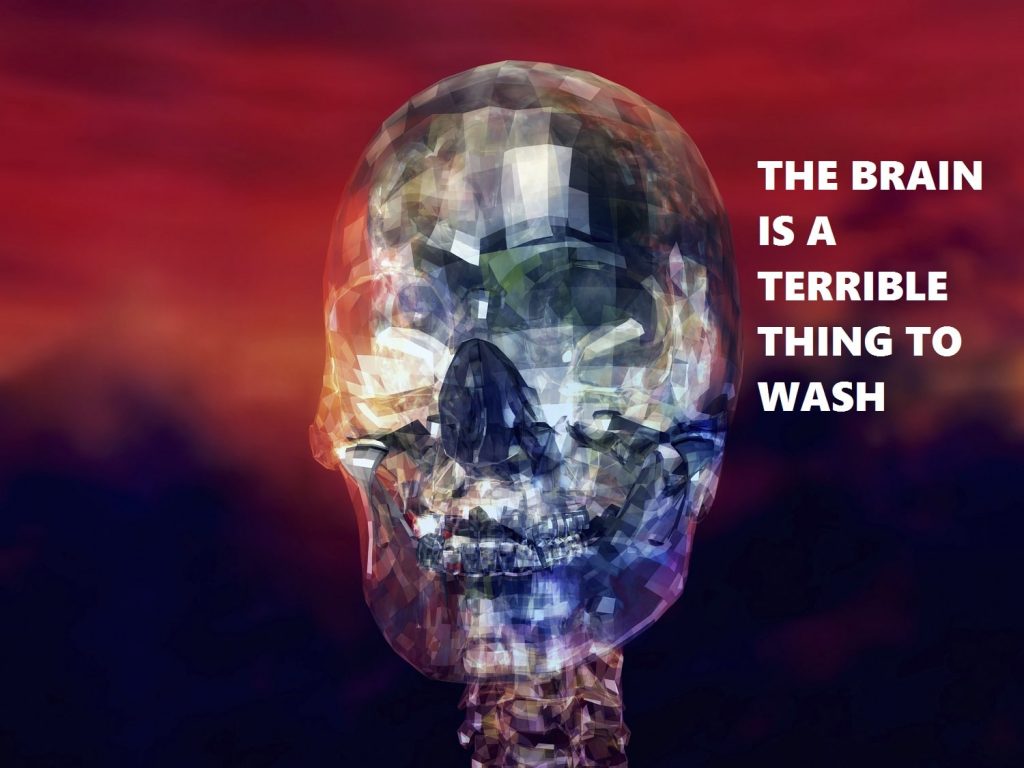
With so many campuses under renewed pressure to create “safe spaces” from political speech and dissent, growing numbers are asking us at Heterodox Academy: Where can I (or my children) go to encounter at least some modicum of viewpoint diversity among the faculty? While there are many college guides with an eye to politics, they point students to the most liberal campuses, such as Bard, or to the few distinctively conservatives places, such as Liberty University or Grove City College.
Such guides, therefore, steer students to the most homogenous and sheltered campus communities. But if students want to know whether a university offers enough political diversity among its faculty to ensure a robust exchange of ideas, they will search in vain for a useful college guide. We at Heterodox Academy aim to provide direction for students looking to escape academia’s many monocultures.
Campuses Eradicate Conservative Thought
When Joshua Dunn and I began searching for conservative professors to interview for our new book, Passing on the Right: Conservative Professors in the Progressive University, we assumed that nearly all elite universities and colleges were equally monolithic, more or less. That was a reasonable assumption, since only 4 percent of all humanities professors and 5 percent of all social scientists self-identify as conservative.
But after locating more than 200 self-identified libertarian and conservative professors in six disciplines in the social sciences and humanities (economics, political science, sociology, history, philosophy, and literature), we discovered that they are not evenly sprinkled across elite colleges and universities. In fact, many prestigious universities have no libertarians or conservatives at all. But, happily, a few excellent schools, though still dominated by progressive academics, employ at least some right-of-center professors across a range of departments in the social sciences and humanities.
Where are these special places? They tend to be located in the South or in Catholic colleges. Among top public universities, the University of Virginia, Texas A&M, and the University of Texas are unusually diverse. Virginia boasts at least one right-wing professor in its departments of government, history, literature, and sociology. Some of these professors are even culturally conservative, such as sociologist Brad Wilcox. Texas A&M includes one or more right-wing faculty in economics, literature, history, and philosophy. The University of Texas, meanwhile, employs many conservatives across a range of subfields in its government department, one in sociology, and at least two in philosophy as well.
Emory University is among the most diverse elite private institutions. There you will find at least one right-wing professor in the departments of philosophy, history, political science, sociology, and literature. George Mason enjoys some diversity too, with many libertarians in its economics department and some conservatives in its political science department. At elite Catholic colleges, meanwhile, Notre Dame University, Catholic University, and Boston College are unusually diverse by academic standards, far more so than Georgetown, Villanova, or Santa Clara University.
Why So Few Conservatives in Higher Ed?
If you have your hearts set on an Ivy League education, I would recommend Harvard University. A couple of conservatives can be found in its departments of government and history, not to mention quite a few in economics. Many of these scholars are prominent and outspoken about their politics, such as Harvey Mansfield in government and Greg Mankiw in economics. It also boasts many genuinely heterodox thinkers such as Steven Pinker in psychology and Orlando Patterson in sociology.
The other Ivies seem far less diverse. We identified only two conservatives at Princeton and two at Yale. The University of Pennsylvania, meanwhile, has a couple of conservative historians and the heterodox John DiIulio in its government department. We found a single conservative at Dartmouth, and one at Brown as well. At Cornell we identified no conservatives in the fields we examined. (Jeremy Rabkin, who was once regarded as Cornell’s only right-wing professor, has since left the government department for George Mason’s law school.) [UPDATE: We also identified no conservatives at Columbia.]
If, on the other, hand, you are looking for an elite liberal arts college, Claremont McKenna College is the only such place with any political diversity. That may surprise many given the recent events at Claremont, which have included a push for more faculty training, diversity officers, and minority hiring. But unlike campuses that were engulfed in similar controversies, there has been a significant conservative countermovement at Claremont led by students and faculty, not to mention a mobilized block of centrist students.
These dissenting voices reflect the diversity of its students and faculty. Claremont has libertarians and conservatives in its departments of economics, literature, and, especially, in government. One recent study found that approximately 13 percent of its faculty members are registered as Republicans. That may seem like an unimpressive number. But compared to most other elite liberal arts colleges, where there are exactly zero conservatives, it’s a remarkable accomplishment. At neighboring Pomona, Pitzer, and Scripps Colleges, for example, there is not a single Republican faculty member. That is the norm, unfortunately.
We at Heterodox Academy intend to offer more assessments of viewpoint diversity at America’s most prestigious colleges and universities. For example, we plan to examine public records to determine the percentage of faculty who give money to Democratic political candidates, compared to Republican candidates. In the meantime, this very limited “first edition” of the Heterodox Academy Guide to Colleges may offer some guidance for those looking to escape the political monoculture that dominates so many American campuses.
Crossposted from Heterodox Academy.
Jon A. Shields is associate professor of government at Claremont McKenna College and coauthor with Joshua Dunn of Passing on the Right: Conservative Professors in the Progressive University.